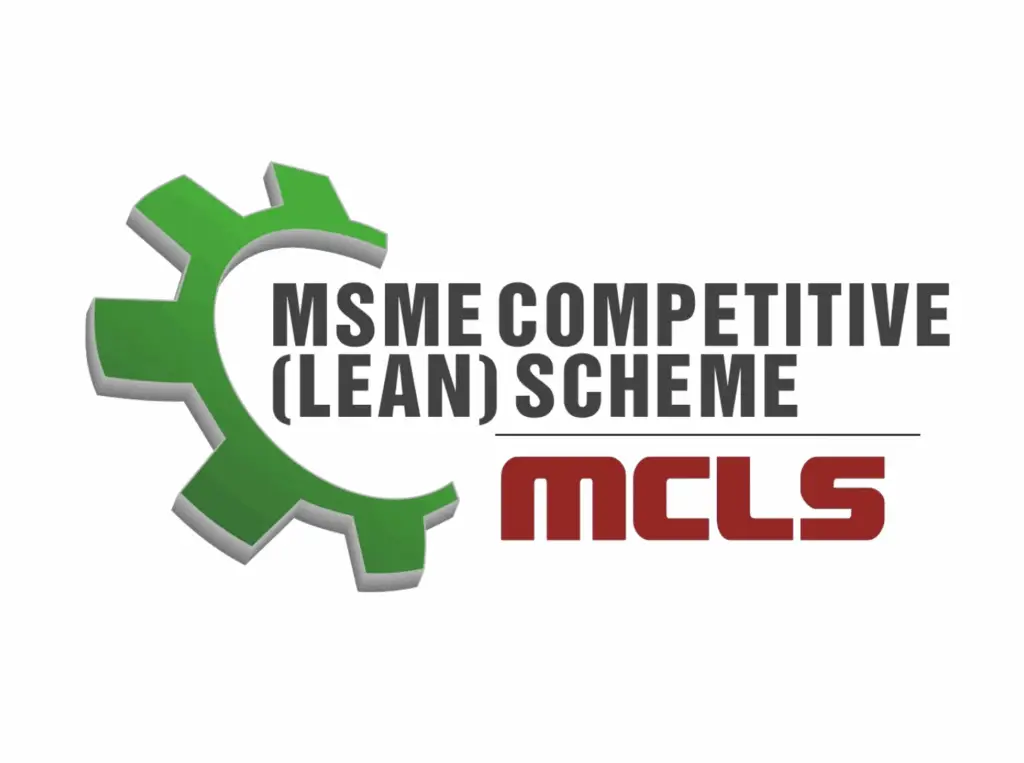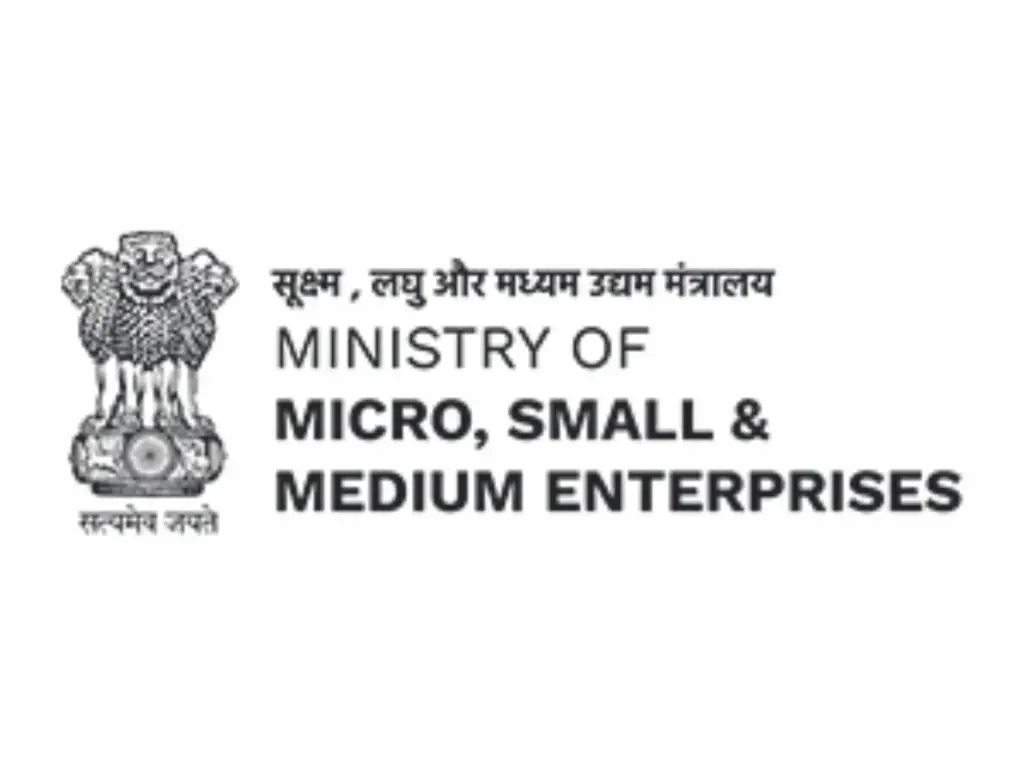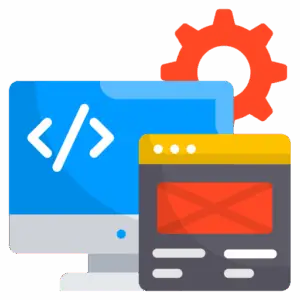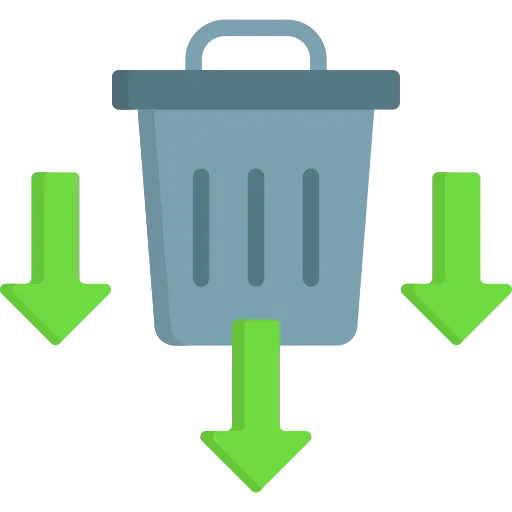C157, Industrial Area, Phase-7, Mohali, Punjab, 160055
C157, Industrial Area, Phase-7, Mohali, Punjab, 160055


Unlock your business potential with the MSME Competitive (Lean) Scheme, an initiative by the Government of India to make small businesses globally competitive through the adoption of Lean Manufacturing practices. Backed by up to 90% government subsidy, this program enables MSMEs to streamline operations, reduce waste, and improve product quality—ultimately boosting profitability.
Inspired by global best practices, especially from Japan’s legendary Toyota Production System, the Lean approach focuses on continuous improvement, efficiency, and empowering your workforce. This program is your gateway to adopting these proven methods—with expert guidance, hands-on training, and long-term support.
Let’s build smarter factories, stronger businesses, and a future-ready India—together.

Getting Lean Certified is like earning a fitness badge for your business. Just like a person with lean body mass is healthy, efficient, and strong—you want your business to be the same: less waste, more output, better performance.
The Lean Certification isn’t just a document—it’s proof that your business follows globally recognized best practices (inspired by companies like Toyota in Japan), and that you’re serious about quality, efficiency, and continuous improvement.




The Lean program is specifically designed for manufacturing MSMEs aiming to improve their operational efficiency and competitiveness. It is applicable to units across sectors—whether they produce components, finished goods, or support production through ancillary services.
By adopting Lean practices, manufacturing units can build stronger process controls, better shop-floor discipline, and a culture of continuous improvement. This not only improves day-to-day operations but also positions them for long-term growth and global supply chain integration.

Implementing Lean practices brings measurable improvements across every function in your manufacturing unit. These benefits are achieved through specific, proven Lean tools designed to enhance efficiency, quality, and cost-effectiveness:







A foundational tool used at all levels to create a clean, organized, and efficient workplace. It helps reduce time wastage and improves discipline across shop-floor operations.

Encourages small, incremental improvements involving every employee. This tool builds a culture of innovation and ownership, and is introduced from the Basic level.

Using signs, color coding, charts, and labels to provide at-a-glance information. It boosts efficiency, communication, and accountability within teams.

Ensures consistency and quality by formalizing processes. Reduces dependency on specific individuals and ensures smooth scale-up or handover.

A visual tool that maps every step in the process to identify waste and areas for improvement. VSM supports better layout planning and helps in achieving leaner production flow.

These tools enable production and inventory systems that respond precisely to customer demand, reducing overproduction and excess inventory.

Introduced in the Advanced level, this technique prevents errors at the source—especially useful in quality-sensitive manufacturing environments.

A structured maintenance system that involves all employees. TPM helps improve equipment reliability, reduce downtime, and extend machine life.
The Lean Program is a methodology aimed at maximizing customer value while minimizing waste.